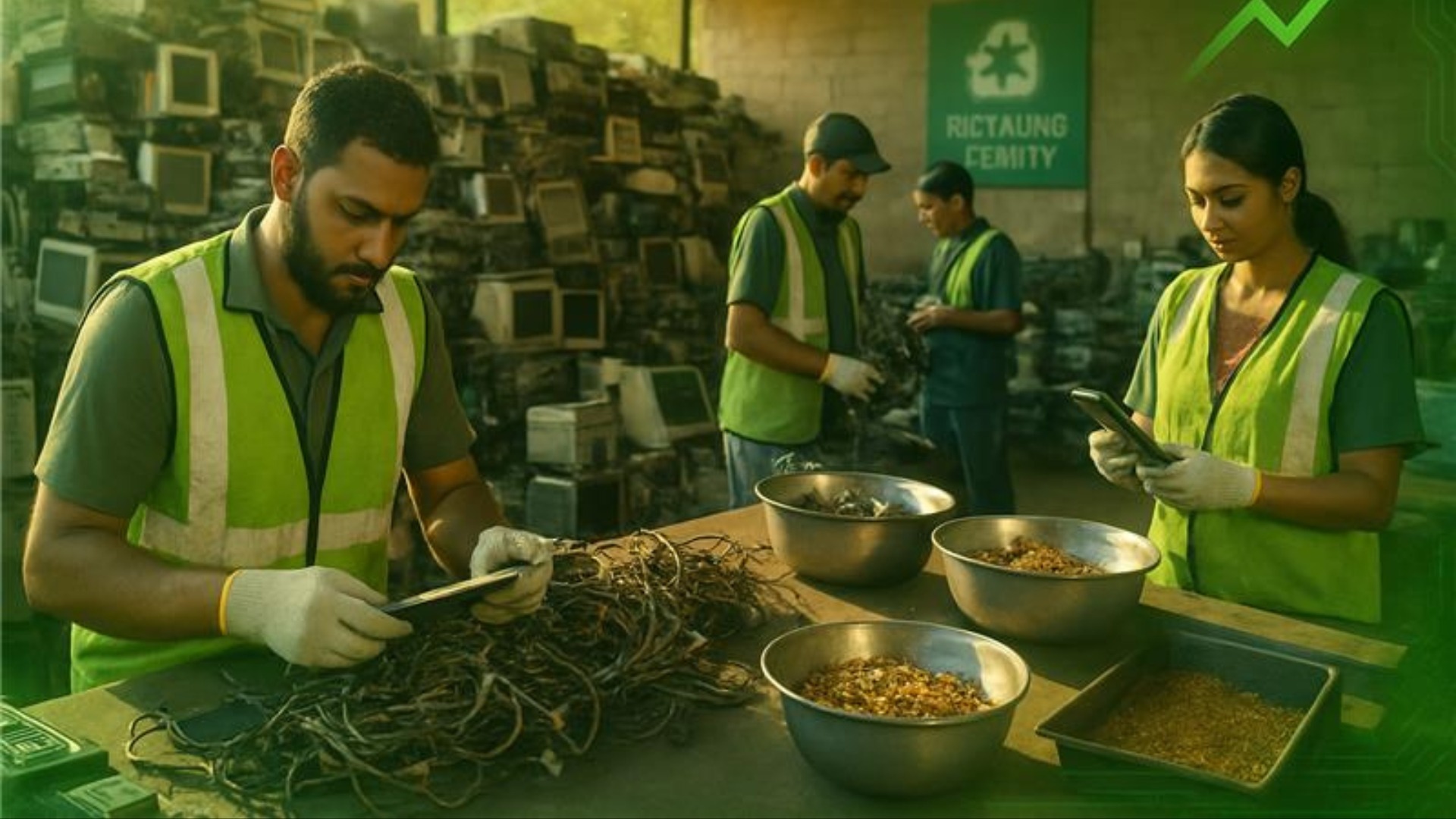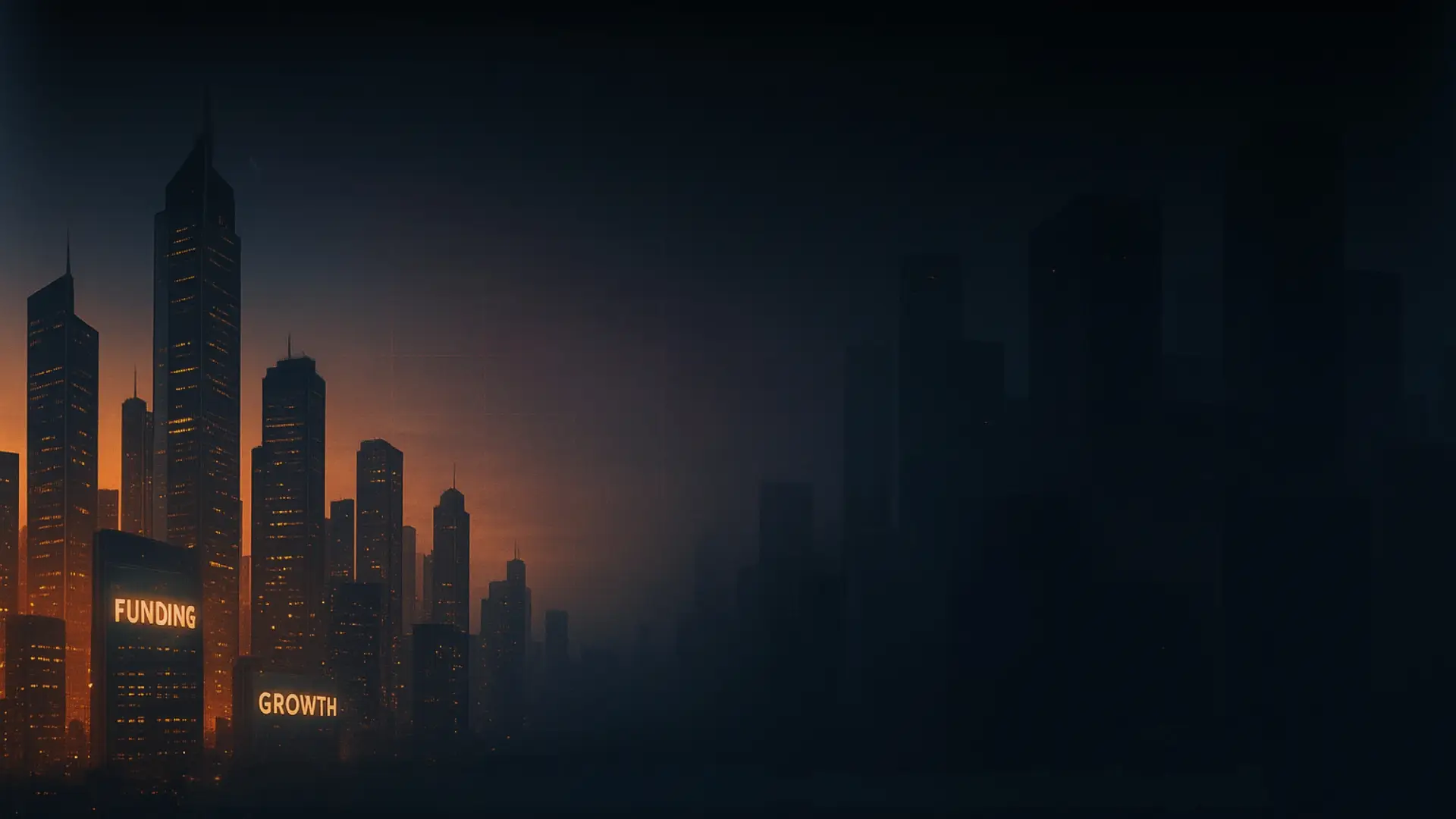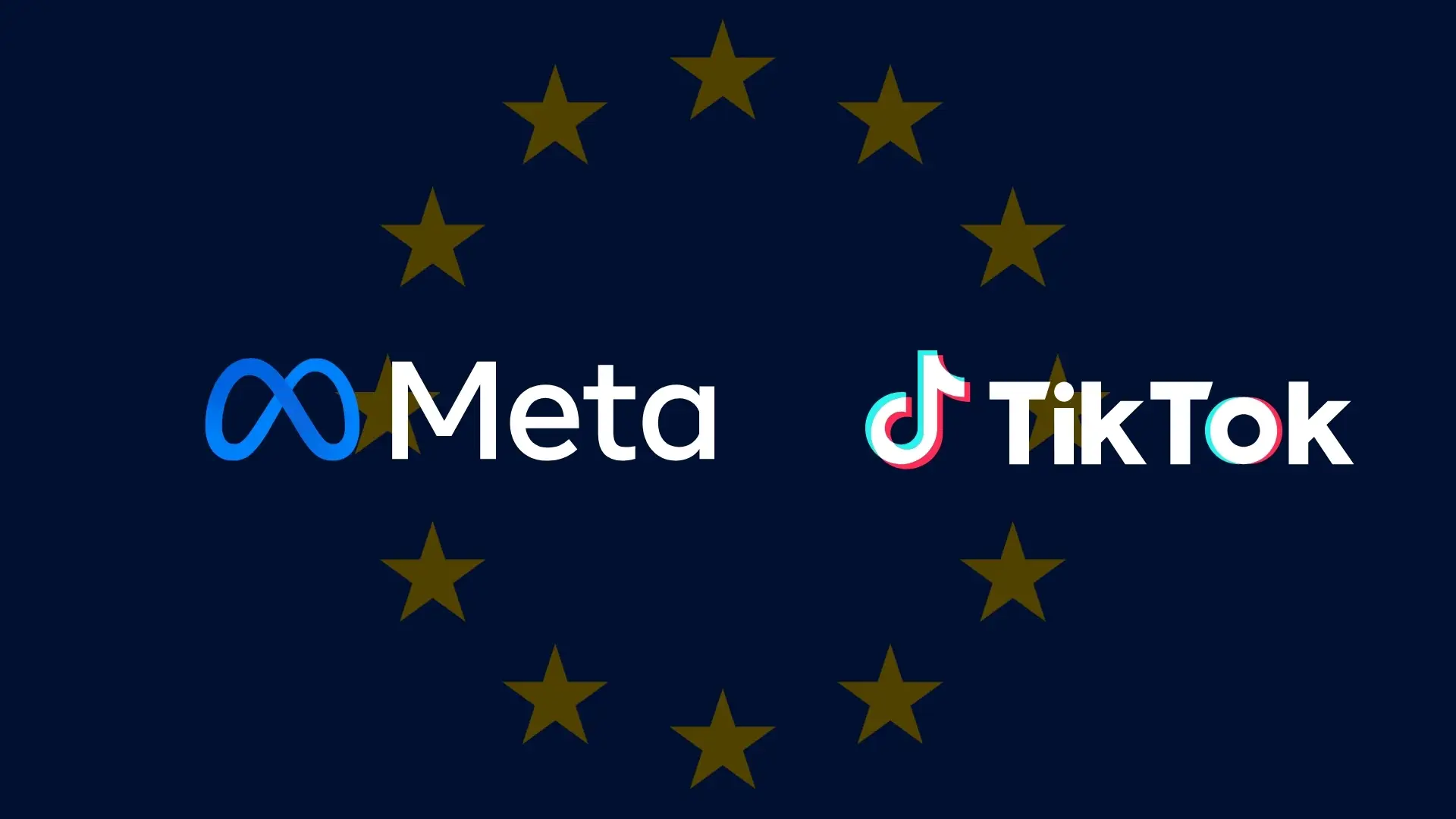India has huge business opportunities; wherever you go, there lies an interesting opportunity that could help us mint crores. Almost everywhere there are many unorganized sectors, where it is so fragmented and scattered people don’t even consider that there’s an opportunity.
One such huge, underserved, and less crowded space is the e-waste recycling industry.
Over the decades, India has never invested or focused on this particular segment, but in the last 2 decades, there has been a tremendous jump in this segment. This can be attributed to various reasons, but the major one is the development activities of India.
Guess what, according to you, is the overall market size of E-waste Management for FY 2023?
The Indian e-waste management market was valued at around $1.56 billion as of last financial year.
But before we dive deeper, let’s understand what all comes under e-waste.
E-waste, or electronic waste, is any old, broken, or unwanted electronic item. It includes things like mobile phones, laptops, TVs, refrigerators, washing machines, chargers, batteries, and even cables.
If it runs on electricity or has a circuit inside, when you throw it away, it becomes e-waste.
But there is an interesting thing: e-waste isn’t just waste. It contains valuable metals like gold, silver, copper, and rare earth elements. At the same time, it also contains toxic substances that can harm the environment and people if not handled properly.
So, e-waste is both a hidden business opportunity and a serious environmental risk, depending on how we manage it.
So, we need to understand both the angles and how some companies are making crores.
First, let’s understand the e-waste sector in India:
India is witnessing a huge surge in e-waste, especially over the last 5 years. In 2019-20, the overall e-waste stood at 1.75 MMT produced in FY 24.
But why is there a sudden spike?
According to the data presented by the Minister of State for the Union Ministry of Housing and Urban Affairs, the national-level e-waste figures have jumped over 72%, the majority due to the rise of electronic and electrical devices across the country.
The e-waste materials contain very toxic materials, including heavy metals and substances such as cadmium, lead, mercury, and even arsenic.
If we dig deeper, e-waste in India is majorly generated through two important channels: one is from households, and the other is from businesses.
If we look at the household’s contribution to the e-waste, it is almost 70%, where air conditioners led to 115,000 tons of waste, refrigerators to 675,000 tons, washing machines to 630,000 tons, and televisions to 36,000 tons.
Even laptops and smartphones contribute 10,000 and 35,000 tons, respectively.
The remaining 30% comes from businesses, similarly to water coolers, centralized air conditioners, hot and cold dispensers, and industrial printers.
Now you might have understood how big this particular segment is, right?
Let’s now delve into business opportunities and companies that are working in this space.
According to the Redseer report, India’s current formal recycling system has only 595 authorized dismantlers and recyclers with a capacity of 1.8 MMT.
But the problem is they can only cover 40% of e-waste in a decade.
But what about the remaining? The remaining e-waste is processed in the unorganized segment. There is another problem here: very few players in India have advanced recycling capabilities such as high-processing capabilities, in-house recycling, and also efficient infrastructure.
So, what can we see here? A huge business opportunity. An Indian startup is working in this space and grabbing the market share.
Attero Recycling is an Indian startup that was founded in 2008, and it is India’s largest electronic asset management and e-waste recycling company.
This company operates the facilities that can extract precious metals like gold, silver, platinum, and palladium from e-waste at scale.
As per the company’s statements, they are handling over the capacity of 144,000 tons of electronic waste and over 15,000 tons of lithium-ion batteries annually.
The company has reportedly held a 25% market share in this space, and the company is expanding to increase its share.
The interesting part is their financials; the company has generated a revenue of INR 285 crore in FY 2023 and INR 440 crore in FY 2024.
There are some other players in this segment, like Ecoreco.
Eco Recycling was started in 2005, and it was one of the first CPCB-authorized e-waste recyclers in India.
They offer end-to-end solutions such as collections of wastes, secure data destruction, dismantling, and also precious metal recovery.
This company uses cutting-edge technologies to recycle and ensure minimal environmental impacts. They do this by collaborating with OEMs.
One more startup working towards this sector is Namo E-waste Management Limited, which collects waste from big corporations such as Havells, Godrej, and also Flipkart.
The last question that we need to discuss is why all of these companies are generating huge revenues.
And why are many companies collaborating with these recyclers?
This goes back to one main government policy introduced in 2022. Which is the E-waste Management Rules, 2022.
To solve this recycling of e-waste, the government made it mandatory for companies to take responsibility for the waste they create.
Under these rules, companies that manufacture or sell electronic products must now follow Extended Producer Responsibility (EPR). That means they have to collect and recycle 60% of the electronic products they sell by 2024–25 and increase it to 80% by 2027–28.
All such businesses, including manufacturers, importers, refurbishers, dismantlers, and recyclers, must register on the CPCB (Central Pollution Control Board) portal. They need to submit proper reports and follow safe recycling practices and can face heavy fines and audits if they don’t comply. In short, e-waste is no longer just trash; it’s now a responsibility and a legal duty for companies in India.
So, when the government has mandated rules, this is not going to be a seasonal or just a momentum opportunity.
The world is going digital, and with every upgrade, we discard something valuable. What we call waste today is tomorrow’s wealth for those who see the future. With government mandates, rising demand, and a broken informal system, the space is wide open for smart entrepreneurs to build, innovate, and lead.
So, if you’re someone looking for a meaningful, scalable, and future-proof venture, stop chasing crowded ideas. Look where no one’s looking. The next big thing might just be hidden in the trash.
Also Read: Why the World depends on Jamnagar’s brass parts and you never knew it








